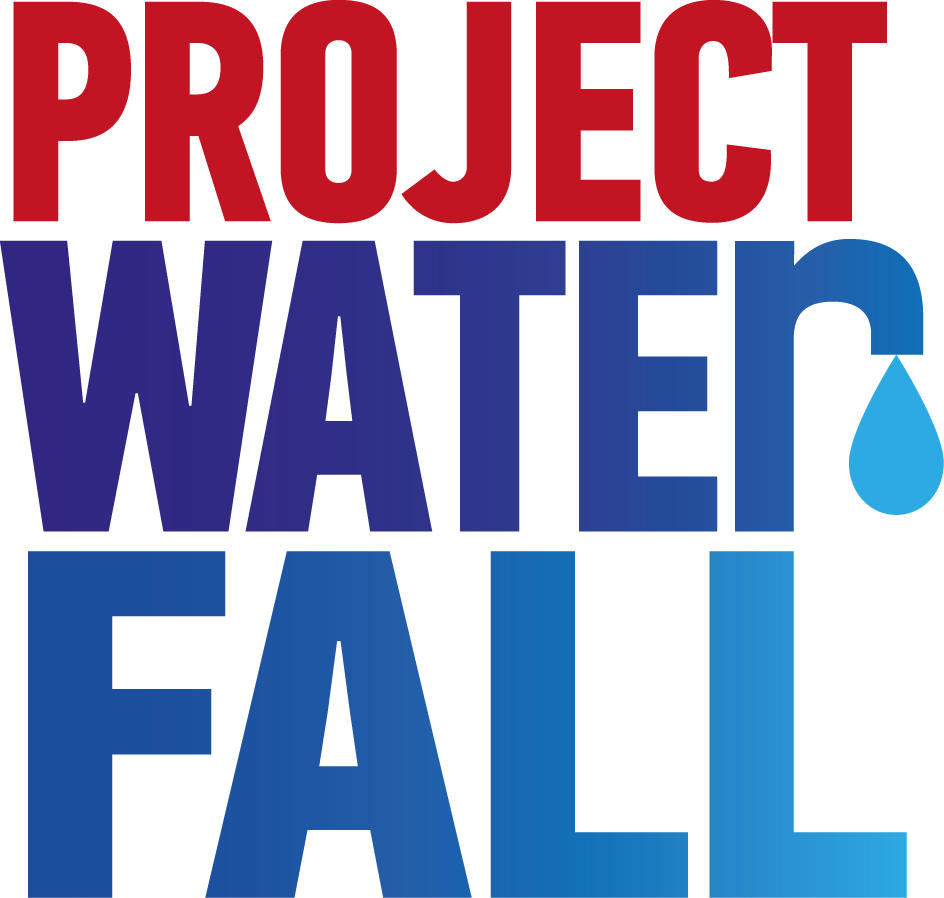Project Waterfall visits Uganda, May 2017
Country background
Located in East Africa, Uganda has a population of over 40 million people. Northern Uganda is still recovering from 2 decades of civil war where more than 1.6 million people were internally displaced, many of whom remain far from their homes today.
The current president, Yoweri Museveni, has been credited with restoring relative stability and economic prosperity to Uganda following the civil war, however there is still a long way to go before the country reaches its full potential.
Since its independence in 1962, the Ugandan economy has grown an average of 6% annually and is now considered one of the most politically stable nations in Africa. Agriculture is the backbone of the Ugandan economy and with the hilly terrain and high levels of rainfall, it’s no surprise that coffee is Uganda’s top earning export crop. Despite this, coffee production is not at its full potential and coffee farmers, often among the poorest in communities, face many challenges.
The majority of coffee is grown in remote, high altitude areas where access to clean water and sanitation is a daily struggle for many. 24% of the rural population still lacks access to clean water and 83% of the rural population lack access to basic sanitation.
Despite these challenges, Uganda has ambitious goals to drive the country forward which are summarised in the Uganda Vision for 2040. Conserving water resources plays a key role in these plans, with hopes to reach everyone in Uganda with piped water by 2040. To achieve these goals the government will need to work closely with local grassroots organisations and international NGO’s currently supporting WASH projects across Uganda.
The Project
In May 2017, we visited the Kikoda and Rwenthuuha primary schools in the Kyenjojo district of western Uganda. Both these schools were part of a project that was funded by Project Waterfall in 2017 and implemented by our local delivery partner Joint Effort to Save the Environment (JESE).
Arriving at the schools, we were met with boundless positive energy. The teachers shook our hands and with beaming faces told us earnestly how happy they were to see us. The children had spent months preparing dances, songs and presentations to welcome us.
Welcome dance at Kikoda Primary School
We sat in the main learning space at Kikoda primary school, a small clearing under a large tree, and listened to the headteacher explain how the school had struggled for years to provide toilets for its students. The initial toilet block had been built on weak soil which collapsed during the rainy season. The teachers knew how important safe toilets were for their students, so when they were told the government didn’t have the budget to replace them, they went door to door in the local community asking parents for support. With a lot of hard work and a huge community effort, they were able to construct two semi-permanent toilets with a structure made out of dried banana leaves.
Despite their best efforts to maintain these toilets, they too collapsed when the rainy season came. In 2017, JESE started working with the school and replaced the temporary solutions with new sanitary blocks that have been built to last. As the teachers showed us the old toilets (now a pile of rubble) and the new toilets, excitedly pointing out differences in structure and materials used, we were touched by how proud they were of something we all take for granted every day. We knew these toilets would make a huge impact on the school, increasing attendance and reducing the spread of water related illnesses. But for the headteacher, they also represented the end of an uphill struggle to create a safe and dignified environment for the next generation of Uganda to learn in.
The new toilet block at Kikoda Primary School
At Rwuenthuua primary school we were met with the same excitement. The students proudly took us on a tour of the school, showing us the new rainwater harvesting tanks and explaining how the water is collected and filtered. Before the project began, the children used to collect water from a borehole a 30-minute walk from the school across a busy road. With a water source in the school grounds, the children no longer have to spend large chunks of their day collecting water and can spend more learning.
“Now that we have two new rain water harvesting tanks, life at school is easy because we no longer have to miss classes or risk crossing the main road to collect water from the community borehole” – Simon Peter Rubaihayo, 14 year old pupil from Rwenthuuha Primary School
We were shown the toilet blocks and handwashing stations and the children explained how the health club is responsible for promoting hygiene practises in the school. We could see that JESE had achieved far more than providing these schools with access to clean water and sanitation, they had also managed instil an understanding of the importance of clean drinking water and basic hygiene practises that could be taken home to their families.
“When I learn some things from the Health Club, when I get back home, I usually tell my older sisters and parents about it” – Kobugabe Rebecca, 13 year old pupil from Rwenthuuha Primary School
The Future
During our visit, we were privileged to meet with many inspiring individuals who are working to make Uganda a better place for future generations. Despite the many challenges, we were met with an overwhelming feeling of hope for the future of Uganda. The country is still on an uphill journey to reach its goals, but with continued support and empowerment at a community level, the people of Uganda can turn their hopes and dreams for a better future into a reality.




